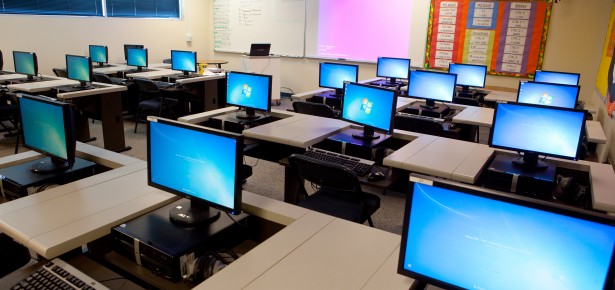
Over the next seven weeks, the editors of Reflections on the Learning Sciences will be participating in a virtual round-table discussion on the learning sciences.
Participants:
Michael A. Evans, North Carolina State University
Martin J. Packer, Universidad de los Andes, Colombia
R. Keith Sawyer, University of North Carolina, Chapel Hill
Why learning sciences?
Michael A. Evans
The learning sciences was formed in response to several parallel events occurring in educational research in the early 1990’s in the US and Europe, as detailed in Part 1: Past of the book, including a sense that: 1) educational research needed to be taken seriously as a science; and 2) the methodologies that had been adopted from, in particular, cognitive science, were insufficient to deal with the “messy” conditions found in classrooms, where control of variables was inherently problematic. In my mind, the learning sciences provide a means to establish a coherent theoretical foundation for the field as well as rigorous and productive methodologies to improve educational practices.
Martin J. Packer
The goal of learning sciences is a highly ambitious one. It is to work in “Pasteur’s Quadrant”: that is, to conduct research that not only contributes to our basic understanding of learning, but also transforms and improves the practices and activities which facilitate learning. Since the creation of the learning sciences, researchers have showed creativity, discipline, and perseverance in conducting research that lives up this ambition. Their approach is often one of “design-based research.”
R. Keith Sawyer
The learning sciences is an interdisciplinary endeavor that brings together the many disciplines that do research related to how people learn. Schools and teachers face many challenges as they educate our children. And today, our children need an increasingly complex range of skills and abilities, including critical thinking, collaboration, and creativity. More than ever, we need for school practices to be grounded in solid scientific research.
*Next week, the authors discuss new research in the field of learning sciences
Latest Comments
Have your say!